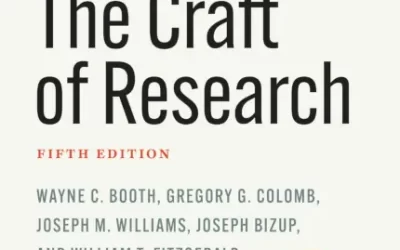In today’s crowded marketplace, journals are always looking for a way to stand out among their competitors. One such way is to prioritize index inclusion. If you’re new to indexing, in their most basic form, journal indexes are bibliographic databases with links to full text. Some databases index just titles, just abstracts, or the full text. Some are affiliated with institutions and some are backed by publishers. Some indexes are free (such as Google Scholar and PubMed) while others charge a subscription fee (such as Web of Science).
With all of this in mind, the task of applying for indexes can be daunting and overwhelming. But if you’re unsure whether the process is worth the benefit, here are a few reasons you should consider indexing your titles.
Visibility and growth: Indexes allow a wide variety of users to search across many titles and publishers, thus allowing your journal to reach an audience of readers who may not otherwise have had access to or been aware of the title. This will greatly widen your potential author and reviewer pool, and perhaps even increase your submission numbers. It could also drive traffic to your journal’s website, thus increasing ad capabilities.
Authority: Being included in one of the major indexes provides a “stamp of approval” in the field. It improves your journal’s reputation as databases are often where researchers start when beginning their next study. Providing high quality content in a top index can quickly make your journal a staple in the field.
Impact factor: Perhaps most importantly, being indexed can have a great effect on a journal’s impact factor. Being included in the major indexes, or even the smaller but topic-specific indexes, will inevitably increase your citations as your articles are now more discoverable. As citations increase, so too will the journal’s all-powerful impact factor.
With so many options out there, how can you decide which index is right for you? While your publisher will likely be able to provide guidance, another immeasurably helpful resource you may overlook is university librarians. They have insight on where library users start and are most likely to find what they’re looking for. Another suggestion is to poll editorial board members on where they feel the journal best fits. This will also ensure everyone’s thoughts align on how the journal is positioning itself.
There are three major, multidisciplinary indexes to consider. We will delve more deeply into inclusion requirements of each in next month’s Part II post:
- Web of Science: includes three flagship indexes: SCIE, ACHI, SSCI
- Scopus: owned and operated by Elsevier
- PubMed: operated by the US National Library of Medicine
While seeking inclusion in these indexes is important and beneficial, they will also have the most stringent application processes and limit the number of attempts each title is allowed for inclusion. Therefore, perhaps try applying to a smaller, subject-specific index first to ensure you have the needed information at the ready. A few examples include:
- Directory of Open Access Journals (DOAJ): on open access directory that now accepts content
- Excerpta Medica database (EMBASE): focused on biomedical journals
- CAB International: focused on environment, agriculture, life science, and public health
- PsycINFO: the American Psychological Association’s database
Part II of this series, to be featured next month, will focus on application requirements and practical first steps when you’re ready to start the indexing process. Part III will discuss common reasons for rejections and lessons learned from past rejections to avoid repeating. If there are additional aspects of indexing you’d like to see addressed in future posts, we’d love to hear from you in the comments.
NOTE: Technica Editorial does not recommend one index over another and this is not an exhaustive list. All information is provided for educational purposes only. We recommend additional research on applicable indexes and would be happy to assist in doing so.




